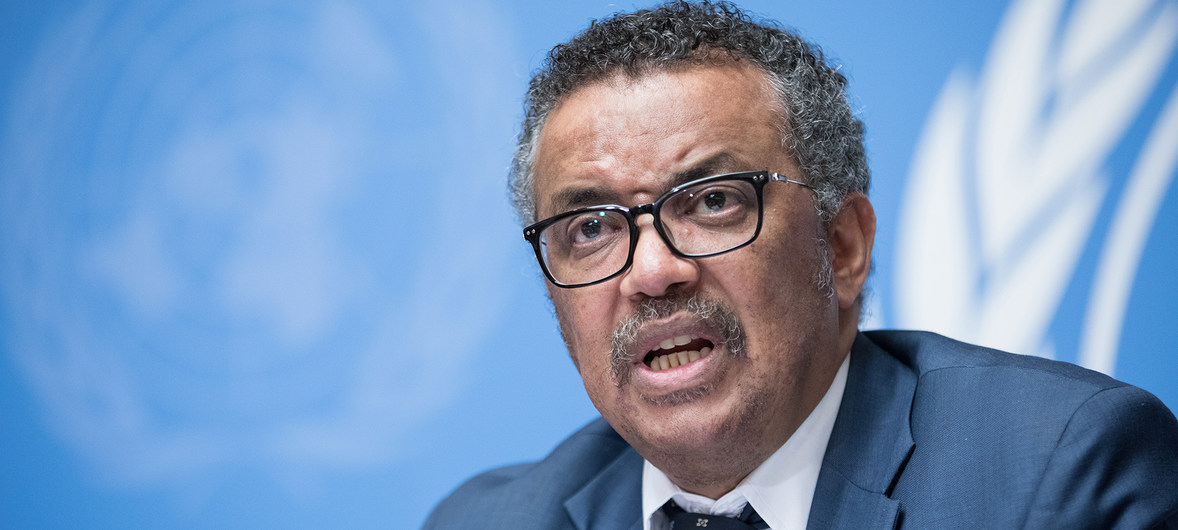KUALA LUMPUR, Dec 8 — Covid-19 has pushed global health to the centre of international politics.
A lapse in public health diplomacy, long sidelined to seemingly more pressing issues of international trade and security, saw many parts of the world caught off guard when the virus spread.
As countries looked domestically to fight the virus, not one state was prepared to take a lead to assist the World Health Organization (WHO) in crafting a unified global strategy.
Inequalities in domestic and international health care, access to medical equipment and intellectual property (IP) for vaccines have never been more obvious.
Globalisation and increased mobility helped spread the disease, with state borders no longer an effective barrier to domestic health security.
Vaccines became the clear way out of the pandemic, but “vaccine nationalism” became the norm.
And most Covid-19 vaccine intellectual property rights are owned by Western pharmaceutical giants.
Low-income countries with low vaccinations have called on the World Trade Organization (WTO) to waive IP protections, with no clear resolution to date.
As the WHO’s director-general Tedros Adhanom Ghebreyesus wrote, “vaccine allocation must not become a zero-sum game”.
“Limited supplies and overwhelming demand create winners and losers. Neither is morally or medically acceptable during a pandemic.”
The unintended consequences of which has been a ‘vaccine apartheid’ which has left billions of people in poor countries unvaccinated and created opportunities for the virus to mutate.
Reality Check
Around 27 million Covid-19 vaccines are being administered each day, but most are going to middle-to-high-income countries
According to Our World In Data as of December 1, 2021:
- 3 per cent, or 19.98 million people, in low-income countries have been fully vaccinated.
- Compared to 67.9 per cent, or 821.9 million people, in high-income countries.
- High-income countries with around 16 percent of the world’s population are stockpiling 60 per cent of the global vaccine supply, according to Ghebreyesus.
By Tasha Wibawa, 360info and Karthik Nachiappan, National University of Singapore.
Article courtesy of 360info.








